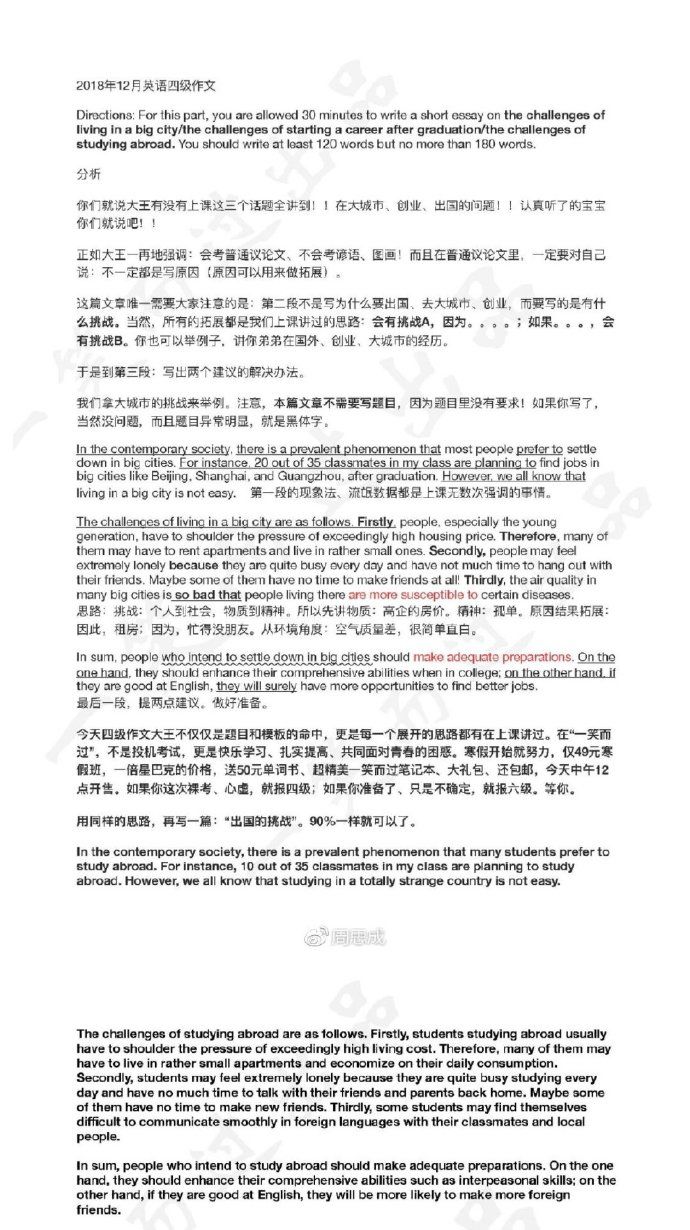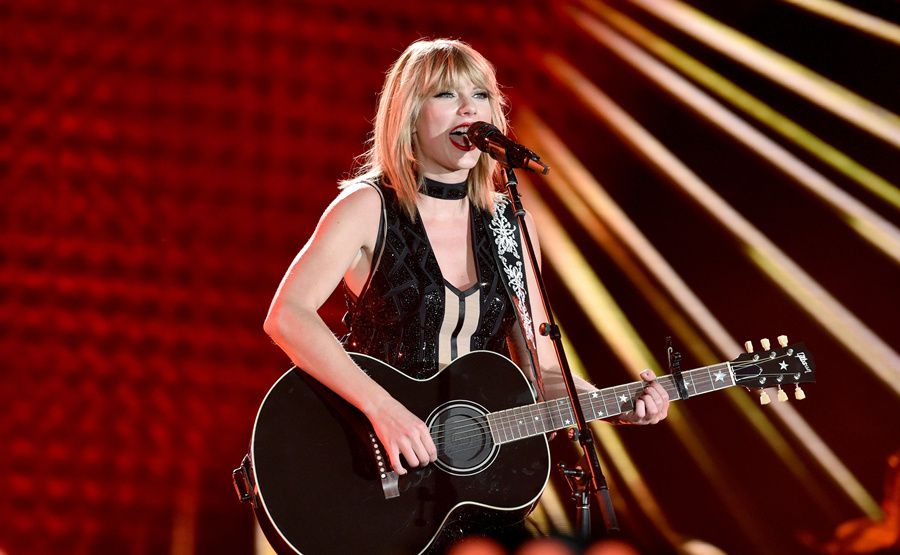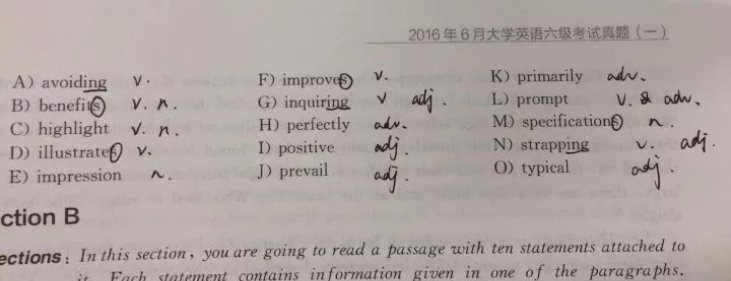英美报刊节选翻译练习(十一)
|
From 摘自《经济学人》Mar 9th 2006 HITHERTO, the world's worst tyrants have usually managed to avoid being brought to court for their crimes. Some, of course, were killed. Hitler took his own life. But Stalin and Mao died in their beds. Pol Pot, responsible for the slaughter of 2m Cambodians in the 1970s, lived on in Cambodia until his death in 1998. Idi Amin, Uganda's brutal dictator, saw out his days in comfortable exile in Saudi Arabia; Ethiopia's Mengistu Haile Mariam continues to live in Zimbabwe. The list goes on. But with the spread of international justice over the past decade, the noose is tightening. (1)It is now accepted that there can be no immunity for the worst violations of human rights, not even for heads of state. Serbia's president, Slobodan Milosevic, was indicted for war crimes in 1999 and is likely to be sentenced to life imprisonment when his trial ends later this year. After ten years on the run, Ratko Mladic, the Bosnian Serb army chief held responsible for the Srebrenica massacre, is expected to be arrested any day. In Chile, Augusto Pinochet is finally facing a real possibility of trial 17 years after the end of his dictatorship. Hissène Habré, a ruthless ex-president of Chad, exiled in Senegal for the past 16 years, could soon be extradited to Brussels to face trial for crimes against humanity under Belgium's “universal jurisdiction” law. Polish prosecutors are preparing to bring charges against Wojciech Jaruzelski, their last communist leader. And Saddam Hussein, Iraq's former dictator, faces near-certain execution at the end of his trial before a special tribunal in Baghdad. Debate has long raged about the best way to deal with gross violations of human rights. Is it more important to punish the perpetrators or to bring an end to the atrocities? (2)Can one, in other words, secure both justice and peace, or are the two naturally antagonistic? new words antagonistic a. 对抗性的 现在人们接受这样一种观点,我们对最严重的人权侵犯行为没有豁免权,即使国家元首也是如此。 |








